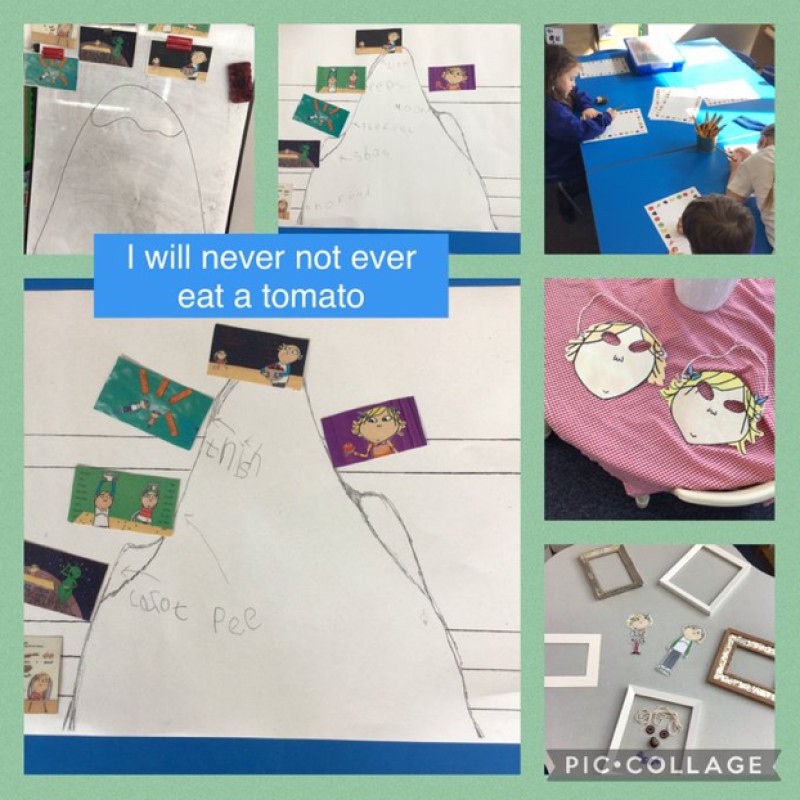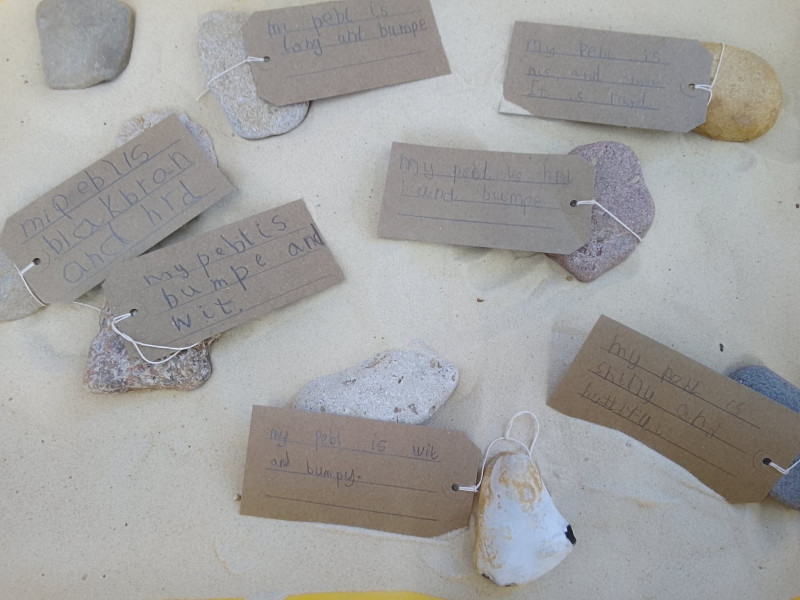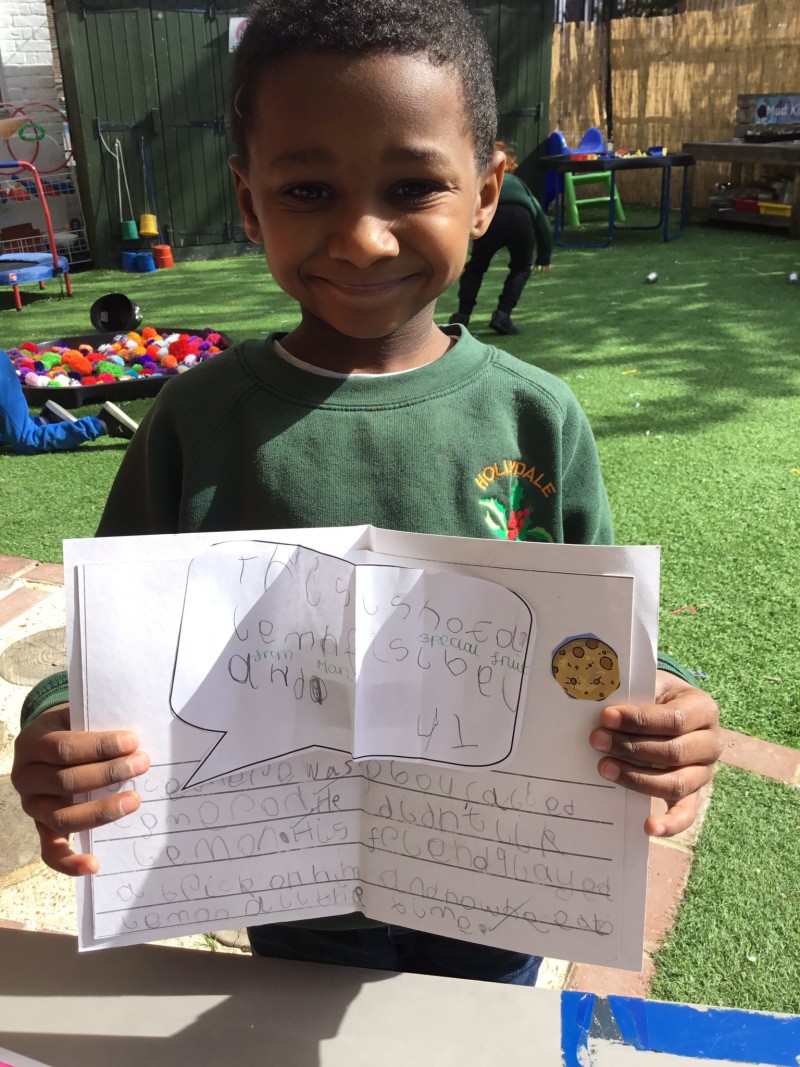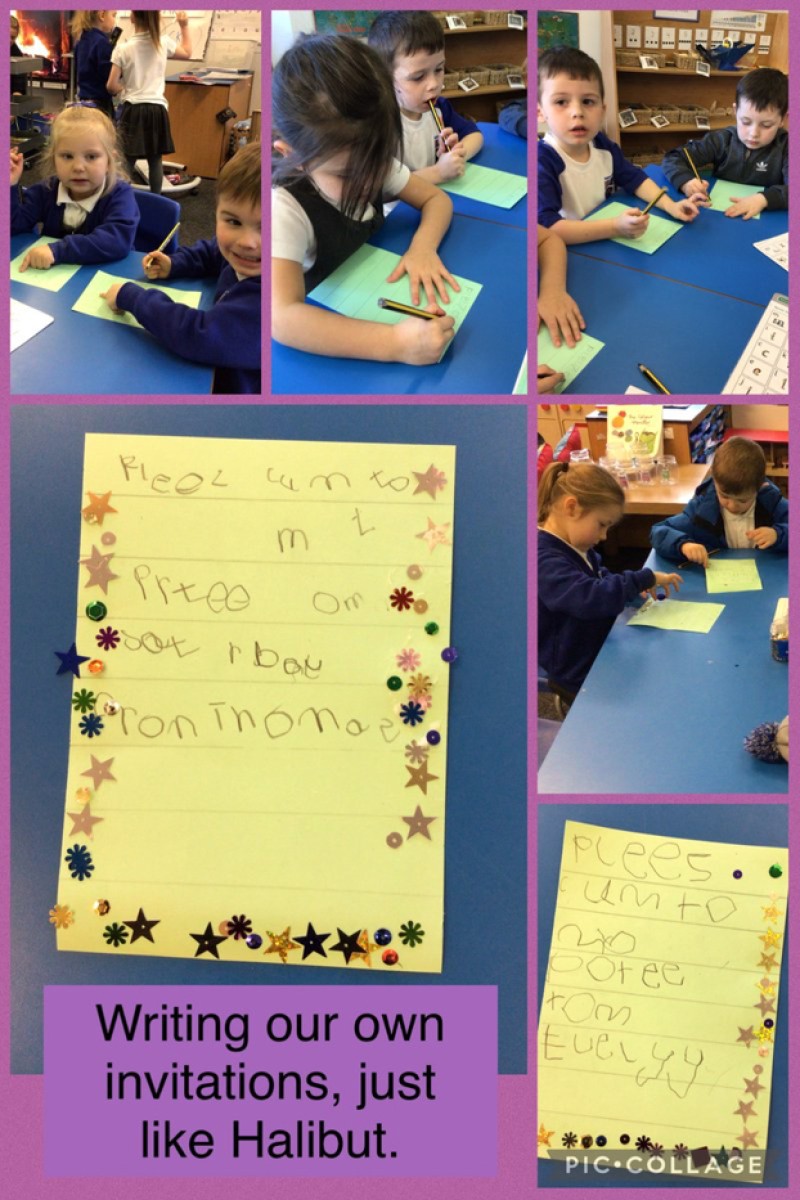Posted on: 29/10/2024
On 8th October, Ofsted published ‘Strong foundations in the first years of school’, a research report which examines how schools can secure the foundational knowledge and skills that every child needs by the end of key stage 1. This report arrived at a timely moment for us at Literacy Tree as we are currently in the process of reviewing and refreshing our Reception and Year 1 resources with a focus on pitch and progression. We welcome the emphasis on early literacy development within the report, with the authors outlining what they have found to be most effective practice when developing foundational literacy skills as well as making recommendations for schools to consider moving forwards.
In this blog, we will summarise three key take aways from the report and explore the implications of these for supporting children’s early literacy development.
‘In order to write, children need to be able to compose orally (that is, to say out loud what they want to write). They also need to know how to spell, form letters and punctuate correctly. Some curriculums, however, do not sequence this knowledge coherently and sequentially.’
Planning effectively for children’s early literacy development requires the careful design of a learning journey that will help children to build their knowledge and skills sequentially over time.
The report suggests that the lack of a carefully planned and sequenced curriculum, particularly in Reception, can lead to an activity-focused approach where there is an emphasis on keeping children busy rather than building and supporting children’s learning development. It highlights the importance of identifying clear end goals for children and purposefully breaking down and sequencing knowledge and skills to be taught, developed and consolidated throughout the school year.
Of course, this doesn’t mean that we can’t ensure children have a range of highly engaging learning experiences during their first years in a school setting. Instead, it emphasises that we must always think deeply about which activities best support children’s literacy development at each stage in the learning journey, rather than putting the activity first and considering the learning after.
As we review our Reception and Year 1 curriculum and resources, we will carefully consider how we break down and sequence foundational knowledge to support children’s literacy development over time.



‘Schools do not always allocate enough time for children to practise what they have been taught so that they remember it.’
The report emphasises the importance of providing children with opportunities to practise new knowledge so that they are more likely to transfer this to their long-term memory, with a particular focus on practising transcriptional skills. One approach that the report highlights here is dictation, which is included in the English Programme of Study for Year 1:
‘Pupils should be taught to: … write from memory simple sentences dictated by the teacher that include words using the GPCs [grapheme-phoneme correspondences] and common exception words taught so far.’ (English Programme of Study, 2013)
Dictation can be effective in directing children’s attention towards transcriptional skills (spelling and letter formation) and sentence punctuation, allowing them to practise how to write a simple sentence without having to worry about what to write. A previous report from Ofsted (Research Review Series: English, 2022) similarly emphasised the value of separating composition and transcription ‘in the earliest stages of writing instruction’.
However, the specific purpose of dictation means that we must place this approach in the wider context of children’s literacy development. First of all, we cannot risk reducing the emphasis on oral composition. Opportunities to make up stories, songs and rhymes, to share facts and ideas aloud and to speak and think in role as a character are not just crucial for literacy development; they can also bring joy, foster confidence, build creativity and support collaboration for children in their first years of school. It is positive to see that oral composition is recognised in the report as a key area of foundational knowledge.
Secondly, children need to be exposed to, contribute to and engage in both compositional and transcriptional elements to understand how these work in tandem to form the writing process. This might mean watching and listening carefully as the teacher composes and then transcribes a sentence on the flipchart. It could mean contributing to the composition of a class story and then using phonics to help the teacher to spell certain words as they write. It could mean composing a single word, phrase or simple sentence in role as a character and attempting to write this with support where needed. Experiencing how composition and transcription work together helps children to develop a more holistic view of writing and avoids children seeing the two elements as isolated and disconnected skills.
As we review our Reception and Year 1 curriculum and resources, we will ensure there are purposeful opportunities to develop both compositional and transcriptional skills, considering where it may be helpful to separate these and where it is best to bring these together.

‘Curriculums for writing often introduce complex tasks too early, before pupils have learned the knowledge and skills they need to complete them.’
The report suggests that, particularly in English and literacy curriculums, children are often set tasks that are beyond their current level of knowledge and skills. It explains that such tasks can be ineffective in supporting progress in learning and can also have a detrimental impact on children’s engagement and confidence with writing.
A misinterpretation of this could be that we should limit writing opportunities and only provide these for children who we feel have demonstrated the necessary foundational skills. However, this ignores the evidence around emergent writing as a crucial stage of children’s writing development. There will be many times where children will choose to express themselves in writing, and their ‘writing’ may look like drawings, scribbles, letter-like forms or letter strings. Often, a child will then be able to tell us exactly what they’ve written - sometimes with a beaming smile, sometimes with uncontainable excitement or sometimes with grave seriousness. Opportunities to write should not be the preserve of those who have ‘mastered’ their letter formation and phonics knowledge; this could communicate that not all children are ‘good enough’ to write yet.
However, there is a clear message here about the need to carefully consider children’s starting points when planning for writing opportunities and to design tasks that support children to practise and build on their current skills and knowledge. It can be sometimes tempting to race ahead, but meeting children where they are will give us the best chance at supporting progress in the long run. At Literacy Tree, we encourage teachers to adapt our resources to meet the needs of learners in the knowledge that every school, class and child is unique. Our mixed-age planning suggestions can be useful here to inform adaptive teaching, providing ideas for scaffold and challenge for those who would benefit from this.
As we review our Reception and Year 1 curriculum and resources, we will ensure that writing opportunities support children to demonstrate knowledge and skills in line with year group expectations, whilst continuing to offer suggestions for scaffolds and challenge where appropriate.
Posted in: Curriculum | Classroom | Early Years